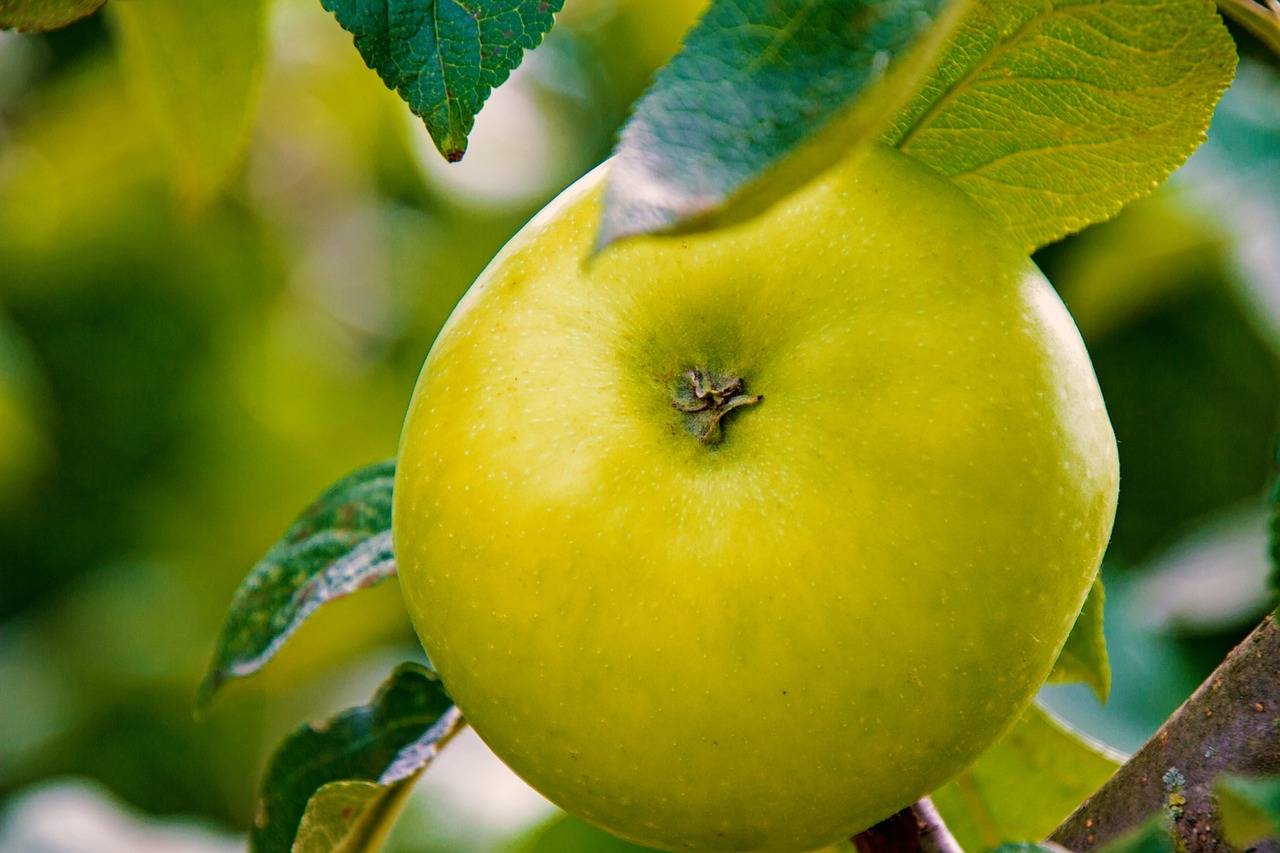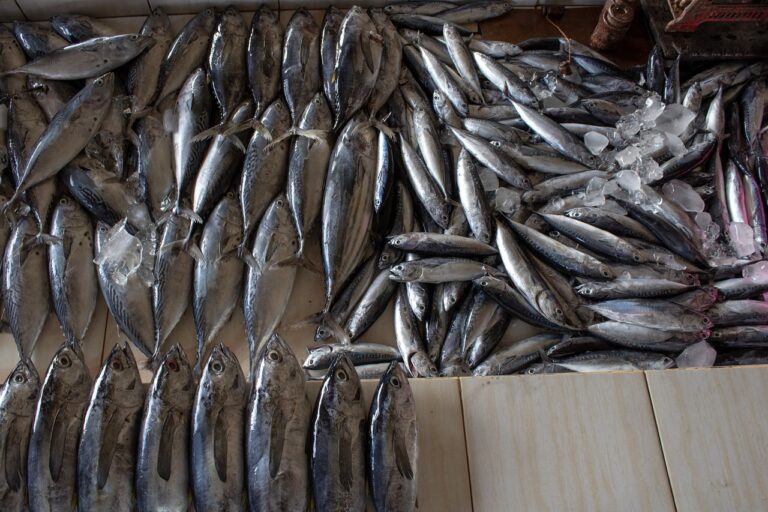Biotechnology Approaches for Enhancing Soil Carbon Sequestration: 11xplay reddy login registration, Gold365 login, Skyfairs new id
11xplay reddy login registration, gold365 login, Skyfairs New ID: Biotechnology Approaches for Enhancing Soil Carbon Sequestration
Soil carbon sequestration is a vital process for mitigating climate change by removing carbon dioxide from the atmosphere and storing it in the soil. Biotechnology offers innovative ways to enhance this process and improve soil health. By harnessing the power of biological systems, we can increase the amount of carbon stored in the soil and promote sustainable agriculture practices. In this article, we will explore some biotechnology approaches for enhancing soil carbon sequestration.
Soil Microbes and Carbon Sequestration
One of the most effective ways to enhance soil carbon sequestration is by promoting the activity of soil microbes. These microscopic organisms play a crucial role in decomposing organic matter and converting it into stable forms of carbon. Biotechnologists are developing microbial products that can enhance the growth and activity of beneficial soil microbes, leading to increased carbon storage in the soil.
Cover Crops and Biotechnology
Cover crops are plants grown to protect and enrich the soil when the main crop is not growing. By using biotechnology to develop cover crop varieties with enhanced root systems and carbon sequestration abilities, we can significantly increase soil carbon levels. These genetically engineered cover crops can help improve soil structure, reduce erosion, and enhance overall soil health.
Biochar and Soil Carbon Sequestration
Biochar is a form of charcoal produced from organic materials through a process called pyrolysis. When added to the soil, biochar acts as a long-term carbon sink, sequestering carbon for hundreds to thousands of years. Biotechnologists are working on enhancing the production and application of biochar to increase soil carbon sequestration and improve soil fertility.
Plant Biotechnology for Carbon Sequestration
Through plant biotechnology, researchers are developing crop varieties with enhanced carbon sequestration abilities. By genetically modifying plants to increase their root growth, enhance photosynthesis, and improve nutrient uptake, we can increase the amount of carbon stored in the soil. These genetically engineered plants can help mitigate climate change and improve agricultural sustainability.
Microbial Biofertilizers for Soil Health
Microbial biofertilizers are products containing beneficial microorganisms that promote plant growth and improve soil health. By using biotechnology to develop advanced microbial biofertilizers, we can increase soil carbon sequestration while reducing the need for chemical fertilizers. These microbial products can enhance nutrient cycling, improve soil structure, and contribute to sustainable agriculture practices.
FAQs
Q: Can biotechnology help enhance soil carbon sequestration on a large scale?
A: Yes, biotechnology offers innovative solutions for increasing soil carbon sequestration on a large scale through microbial products, genetically engineered crops, biochar, and other advanced technologies.
Q: Are genetically modified organisms (GMOs) safe for the environment?
A: Extensive research and regulation ensure that genetically modified crops are safe for the environment and human health. GMOs can contribute to sustainable agriculture practices and environmental conservation.
Q: How long does it take for soil carbon sequestration to have a noticeable impact on climate change?
A: Soil carbon sequestration is a long-term process that can take years to decades to have a significant impact on climate change. However, investing in biotechnology approaches can accelerate this process and enhance carbon storage in the soil.
In conclusion, biotechnology offers promising approaches for enhancing soil carbon sequestration and promoting sustainable agriculture practices. By harnessing the power of biological systems, we can increase soil health, mitigate climate change, and improve agricultural sustainability. Through ongoing research and innovation, biotechnologists continue to develop advanced technologies to enhance soil carbon sequestration and contribute to a greener future.







